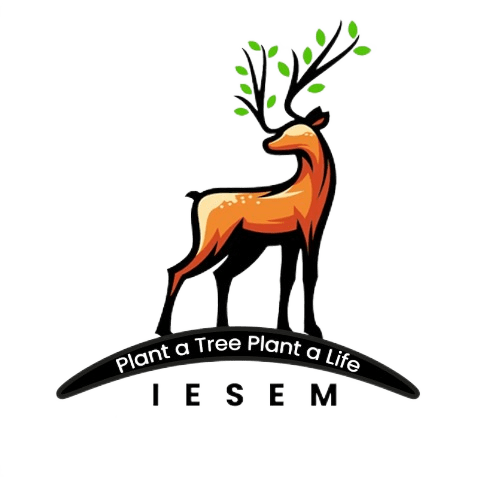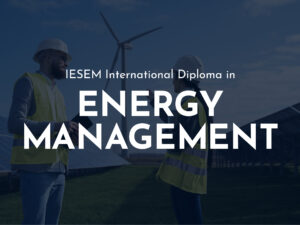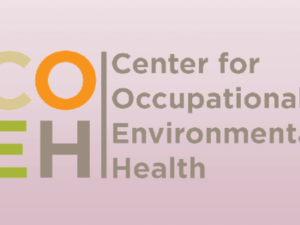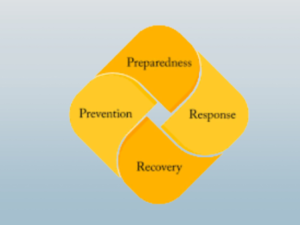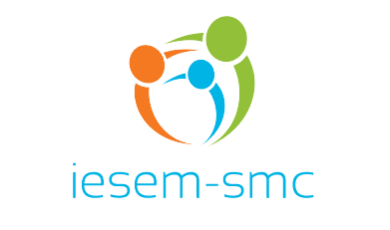IESEM International Diploma in Sustainable Engineering
- Description
- Curriculum
- Reviews

Overview: The IESEM International Diploma in Sustainable Engineering is designed to provide students with a holistic understanding of engineering principles and practices that promote sustainability. This program emphasizes the integration of environmental, social, and economic considerations into engineering design, operation, and decision-making processes. Through a combination of theoretical learning, hands-on projects, and case studies, students will develop the knowledge and skills necessary to address global challenges related to climate change, resource depletion, and environmental degradation while fostering social equity and economic prosperity.
Learning Objectives:
- Understand the principles of sustainable engineering and their application across various engineering disciplines.
- Gain proficiency in identifying, evaluating, and implementing sustainable solutions to engineering problems.
- Develop interdisciplinary thinking and collaboration skills to address complex sustainability challenges.
- Learn about emerging technologies and innovative practices that promote sustainability in engineering.
- Explore the ethical, social, and economic dimensions of sustainable engineering practices.
- Acquire project management and communication skills necessary for implementing sustainable engineering projects.
- Foster a commitment to lifelong learning and continuous improvement in sustainable engineering practices.
Eligibility Criteria:
- Learners must be above 21 years.
- Must Hold a Graduation or Equivalency Degree
QUALIFICATION STRUCTURE:
The IESEM International Diploma in Sustainable Engineering consists of 6 mandatory units for a combined total of 120 credits, 1200 hours of Total Qualification Time (TQT), and 600 Guided Learning Hours (GLH) for the completed qualification.
Course Outline:
Module 1: Introduction to Sustainable Engineering.
- Principles of sustainability and their relevance to engineering.
- Interdisciplinary nature of sustainable engineering.
- Global sustainability challenges and opportunities.
Module 2: Sustainable Design and Innovation
- Design principles for sustainability.
- Life cycle assessment (LCA) and eco-design.
- Innovation methodologies for sustainable engineering solutions.
Module 3: Renewable Energy Systems.
- Overview of renewable energy sources (solar, wind, hydro, etc.).
- Design and implementation of renewable energy systems.
- Integration of renewable energy into existing infrastructure.
Module 4: Green Building Design and Construction.
- Sustainable building materials and techniques.
- Energy-efficient building design and HVAC systems.
- Green building certification standards (LEED, BREEAM, etc.).
Module 5: Sustainable Transportation Systems
- Circular economy principles and practices.
- Sustainable product development and innovation.
- Sustainable finance and investment.
- Social entrepreneurship and inclusive business models.
Module 6. Water Resource Management
- Water conservation and efficiency measures.
- Sustainable water supply and wastewater treatment systems.
- Rainwater harvesting and stormwater management.
Module 7. Waste Management and Recycling
- Waste reduction strategies and recycling technologies.
- Circular economy principles and waste-to-energy solutions
- Hazardous waste management and remediation.
Module 8. Sustainable Manufacturing Practices
- Lean manufacturing and resource efficiency.
- Sustainable supply chain management.
- Environmental management systems (ISO 14001).
Module 9. Social and Economic Aspects of Sustainability
- Social equity and environmental justice considerations.
- Economic analysis of sustainable engineering project.
- Stakeholder engagement and community involvement.
Module 10. Case Studies and Project Work
- Analysis of real-world sustainable engineering projects.
- Design and implementation of sustainable solutions.
- Presentation and evaluation of project outcomes.
Duration and Delivery:
The program for IESEM International Diploma in Sustainability Management is designed to be adaptable, allowing for part-time and distance learning. Typically, the qualification spans a period of 3 to 06 months, incorporating various elements such as classroom lectures, practical exercises, distance, and online components.
Assessment and verification:
All units within this qualification are internally assessed by the Institute of Excellence for Sustainability and Environmental Management. To achieve a ‘pass’ for a unit, learners must provide evidence to demonstrate that they have fulfilled all the learning outcomes and meet the standards specified by all assessment criteria. The judgment that the learners have successfully fulfilled the assessment criteria is made by the Assessor.
The Assessor should provide an audit trail showing how the judgment of the learners’ overall achievement has been arrived at.
